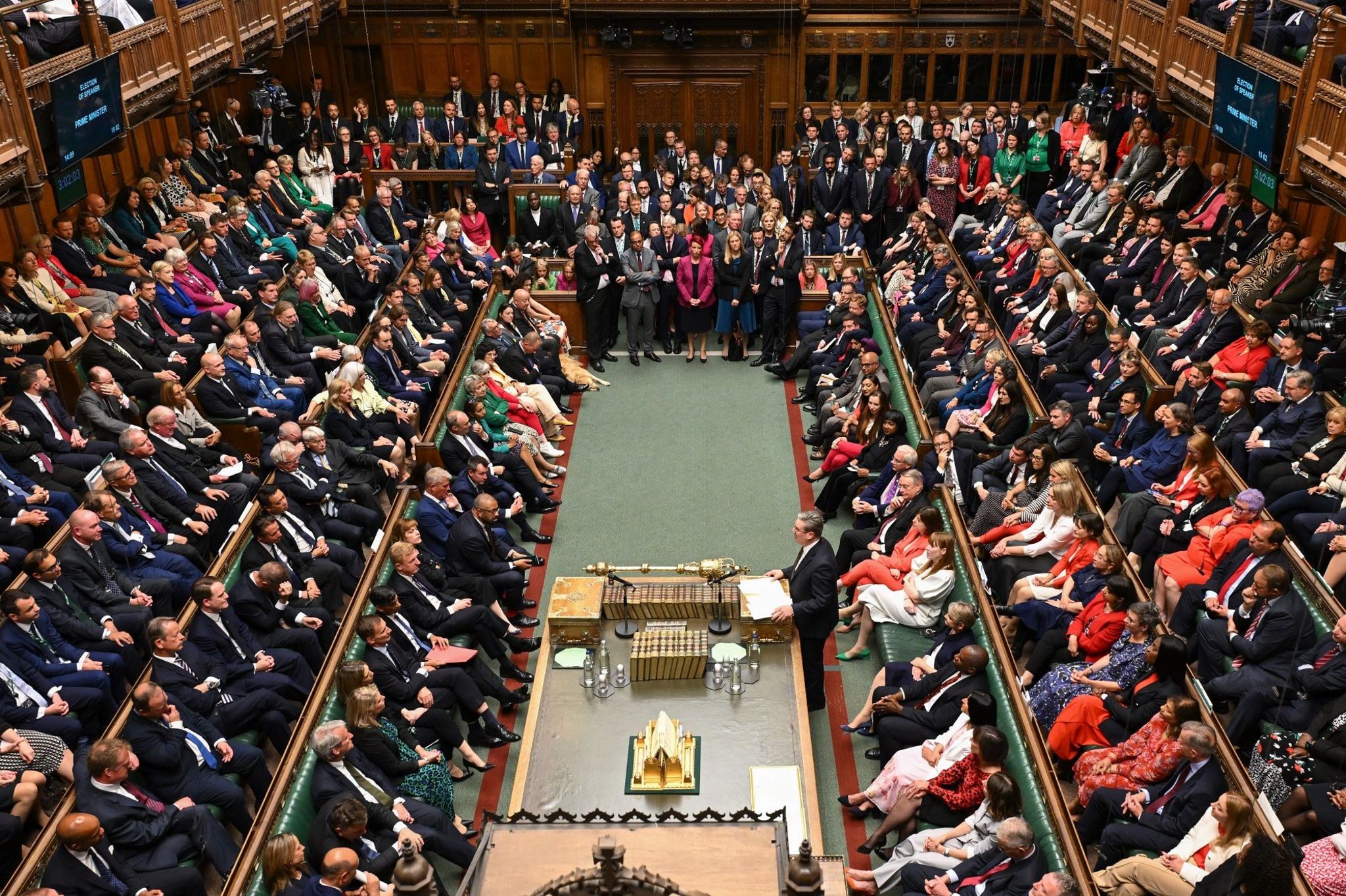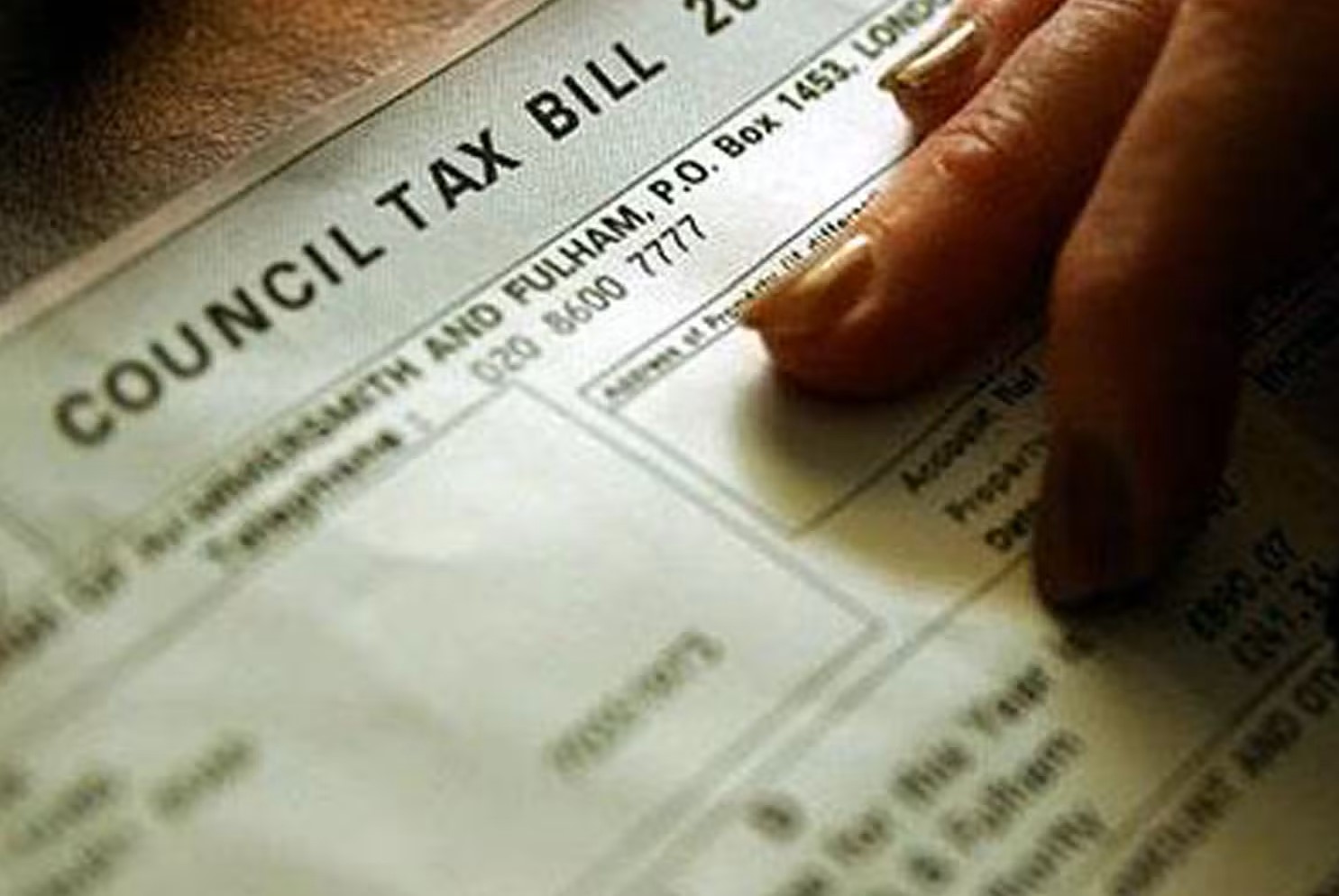Twenty-three of 33 councils will raise bills by 4.99%, the maximum increase normally allowed without seeking permission through a referendum. Residents in Croydon will see even bigger rises with the government previously approving a 15% increase.
The council tax portion the mayor sets is expected to rise by almost 10%. Council tax, which is based on the value of a property, funds council-run services such as libraries, refuse collection, youth clubs and street lighting.
In parts of the capital where bills are increasing by 4.99%, the average bill for a Band D property will rise by just under £110 a year. In boroughs like Bexley, Havering, Sutton and Waltham Forest, the planned rises will push average bills up to more than £2,000 a year.
Households in Croydon could see the biggest increase with average bills for a Band D property going up by £273 a year when combined with the GLA part of the council tax, due to the government giving the council special permission to increase bills by 15%, after it effectively went bankrupt.
Meanwhile, other boroughs like Kensington and Chelsea, Tower Hamlets and Westminster could see an increase of 2% for 2023-24 in the part of the council tax that residents pay towards social care, but those boroughs are freezing the part paid for local services.
Five London councils are yet to release details of their budgets for the next financial year. The Greater London Authority precept, which is due to rise by just under 10%, is the portion of council tax set by City Hall and helps fund the police, fire service and Transport for London.
The Mayor of London, Sadiq Khan, previously announced this would increase by a further £38 per household in April. Speaking about the 4.99% rise in Havering, the council's leader said the measure had been taken in order to set a balanced budget, as councils were legally required to do.
Ray Morgon said many councils were having to make risky financial decisions because central government had failed to fund local governments properly for many years. He added his borough had added pressures on social care funding compared to other councils due to the high number of children and older people living there.
The government previously said that it had put about £60bn worth of funding for the current year into local authorities. A government spokesperson added it was for local authorities to strike a balance between the pressure they put on local taxpayers while making sure they can continue to provide services.











